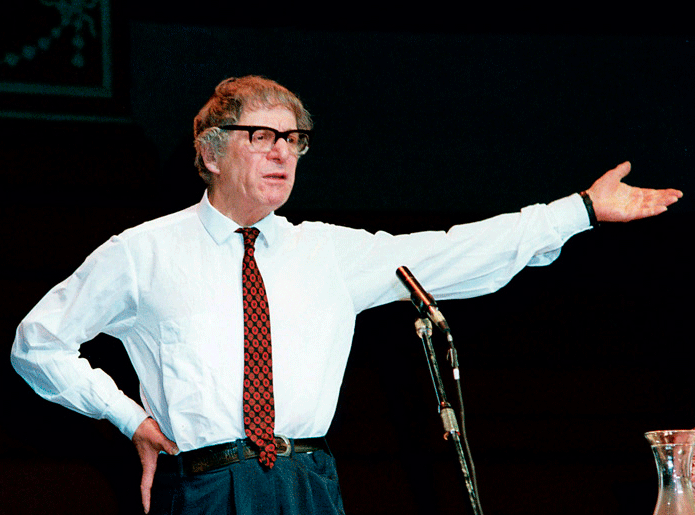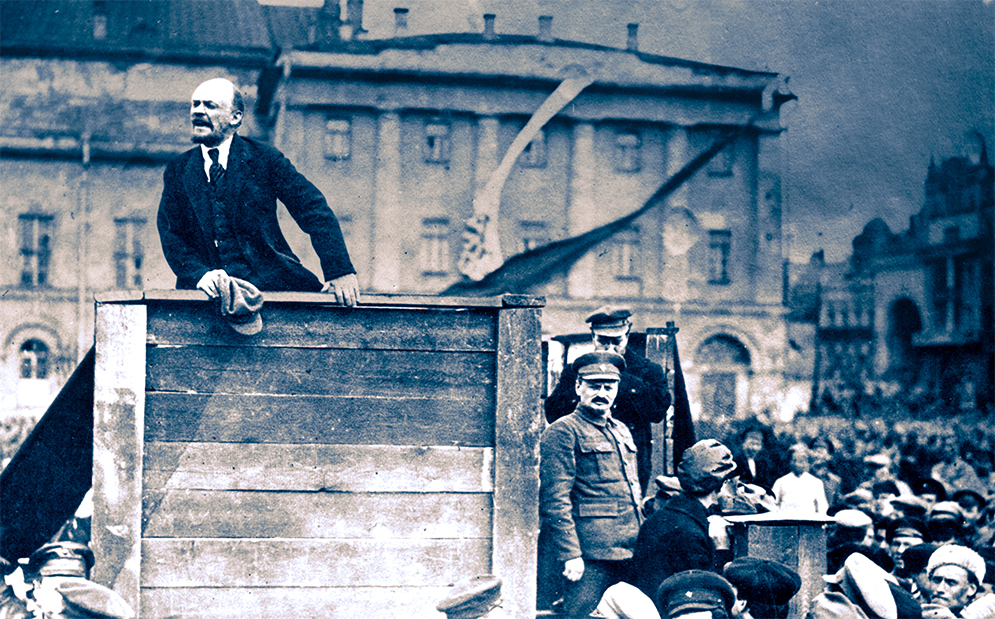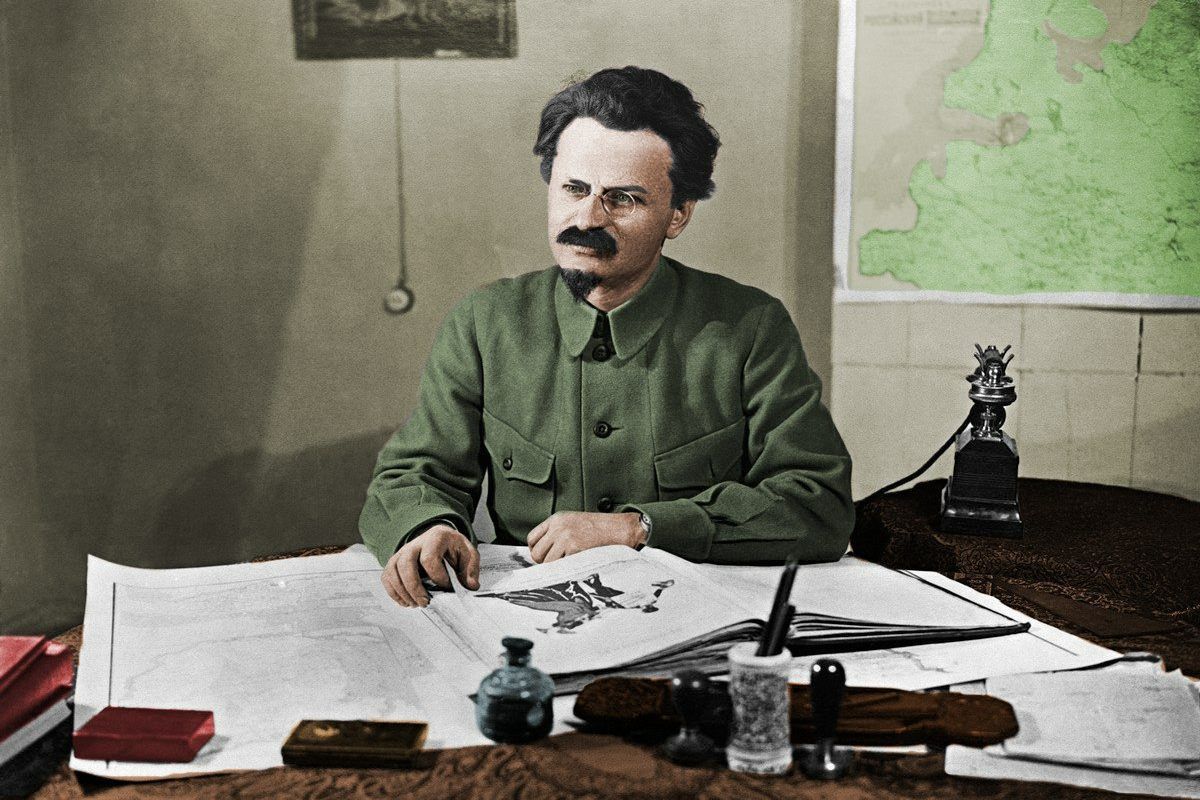Ted Grant played a key role in the development of genuine Marxism in the post-war period, especially in Britain.
Ted was born in South Africa in 1913. In his youth, he was inspired by events in Russia and by the age of fifteen was a convinced Marxist, later becoming active in a small Trotskyist group based around Johannesburg.
In the autumn of 1934, Ted left South Africa for ‘wider horizons’ in England. In a stop-over in France, he met Leon Trotsky’s son, Leon Sedov, who was a leading member of the International Communist League.
Sedov was murdered by Stalin’s agents in 1938.
When Ted arrived in London, he joined the Independent Labour Party. In these years, he became actively involved in the struggle against fascism and participated in the famous Battle of Cable Street in 1936.
In late 1937, Ted took part in the formation of the Workers International League (WIL), which marked the real beginnings of British Trotskyism. Ted played a leading role, not only within the WIL but also in the Revolutionary Communist Party (RCP), founded in March 1944 to unify the forces of Trotskyism in Britain.
The WIL, and then the RCP, was one of the most successful sections of the Fourth International during the war. They successfully implemented Trotsky’s ‘proletarian military policy’, carrying out work within the British armed forces to agitate amongst workers for a communist programme to fight fascism.
The new balance of forces in the world following the end of the Second World War demanded a new appraisal of events by the Fourth International. But after Trotsky’s murder at the hands of a Stalinist agent in 1940, the theoretical weakness of the remaining leadership of the Fourth International became apparent.
View this post on Instagram
Whilst the leaders of the Fourth International were mired in sectarianism and theoretical errors, Ted was able to correctly assess the new international and economic situation that emerged after the war.
As the leading theoretician of the movement, using the correct Marxist method, Ted was able to extend and develop Marxist theory in a whole series of important areas, as he had done in the decade before.
These ranged from the Marxist theory of the state to a defence of Marxist economic theory, from the development of the colonial revolution to Marxist tactics towards the mass organisations and party building.
For example, he was able to deepen Trotsky’s analysis of Stalinism, which had emerged strengthened after the war, and established a number of regimes built on the same model as the Soviet Union.
Having a firm grasp of the Marxist method, Ted never clung to outdated perspectives or slogans, always being willing to analyse new phenomena.
Many of the leaders of the Fourth International refused to accept that an economic recovery was possible following the war, whilst Ted recognised that not only was such a recovery possible, but it was already taking place!
Above all, he used these debates with the incorrect ideas of the Fourth International leadership to educate the ranks of the party. For this reason, his writings are a treasure trove for any communist looking to educate themselves in the genuine ideas of Marxism.
Whilst the leadership of the Fourth International destroyed the RCP – through backroom deals and manoeuvres – Ted’s work was just beginning, as he maintained the most important thing: the ideas and methods of Marxism.
Ted Grant’s great contribution was to preserve the unbroken thread of genuine Marxism. On this unshakable foundation, the Revolutionary Communist International prepares its supports theoretically, politically, and orgnisationally, for the great tasks that lie ahead.
Further reading
- History of British Trotskyism – Ted Grant (newly republished with an introduction and postscript by Rob Sewell)
- Ted Grant: The Permanent Revolutionary – Alan Woods
- The Unbroken Thread: Selected Writings of Ted Grant
- The degeneration and collapse of the Fourth International: in defence of our heritage – Revolutionary Communist International






